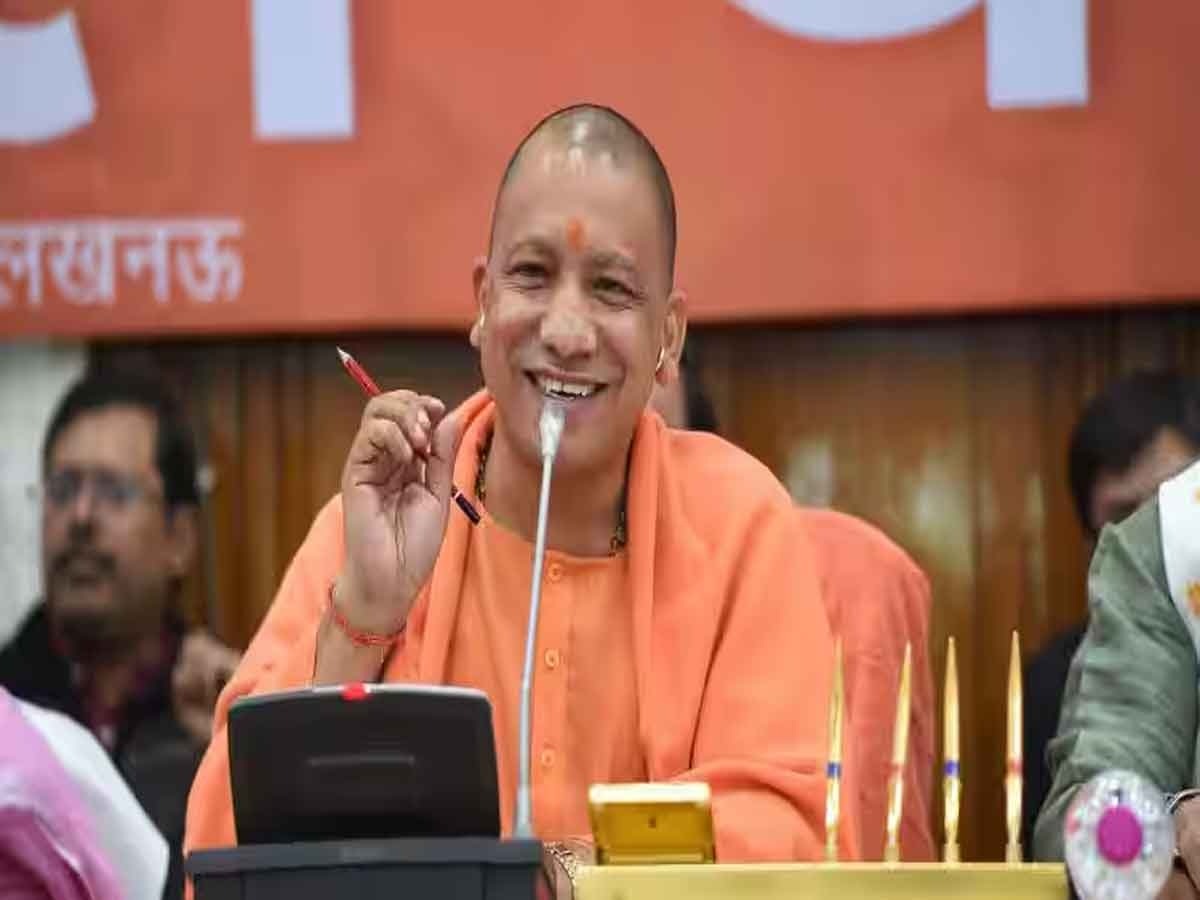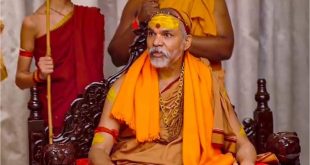 Allahabad High Court News: Upholding Judicial Integrity
Allahabad High Court News: Upholding Judicial Integrity
In recent developments from the Allahabad High Court, a decision made by an Additional District Judge (Fast Track) in Bareilly sparked controversy, leading to its removal by Justice Ram Manohar Mishra. Let’s delve into the details surrounding this significant event and its broader implications.
The Allahabad High Court recently addressed a contentious issue involving remarks made by an Additional District Judge (ADJ) from Bareilly. This incident has stirred debate within legal and public spheres, prompting reflections on judicial conduct and freedom of expression.
Background
The genesis of this controversy lies in comments made by the ADJ concerning an order related to the 2010 Bareilly riots, where Uttar Pradesh Chief Minister Yogi Adityanath was praised. These remarks, deemed inappropriate by Justice Ram Manohar Mishra, were swiftly addressed by the court.
Justice Ram Manohar’s Decision
Justice Ram Manohar Mishra, presiding over a single-judge bench, deemed the comments as “improper” and noted their inclusion of “political connotations and personal opinions.” This decision underscores the judiciary’s commitment to maintaining impartiality and upholding the rule of law.
Removal of the Comments
Following Justice Mishra’s ruling, the controversial comments were expunged from the court record. This action signifies the court’s dedication to ensuring fair and unbiased proceedings, devoid of extraneous influences.
Reaction from Media and Legal Circles
The media has closely followed this development, highlighting its significance in judicial affairs. Legal experts have offered varied perspectives, emphasizing the importance of judicial restraint and professionalism.
ADJ Divakar’s Perspective
During the hearing on March 5th, ADJ Ravi Kumar Divakar expressed his views on governance and spirituality, citing examples such as Mahant Baba Yogi Adityanath. However, his comments have since been retracted in light of the court’s decision.
Philosophical Insights
Divakar’s commentary raises philosophical questions regarding the role of spiritual leaders in governance, drawing parallels with Plato’s concept of the “philosopher-king.” However, the judiciary’s intervention underscores the need for judicial officers to refrain from expressing personal opinions.
Allahabad High Court’s Stance
The Allahabad High Court emphasized the importance of judicial decorum and restraint in public discourse. Judicial officers are expected to maintain a high degree of professionalism and avoid statements that may compromise the integrity of legal proceedings.
Maulana Tauqeer Raja Khan’s Challenge
Maulana Tauqeer Raja Khan challenged the court’s decision, seeking relief from an order pertaining to his involvement in the Bareilly riots. However, the court upheld its stance, urging Khan to present his case before the trial court.
Public Perception and Debate
The controversy has sparked public debate, with opinions divided on the appropriateness of judicial commentary. While some view it as an infringement on freedom of expression, others applaud the court’s intervention in maintaining judicial integrity.
Implications
This incident holds broader implications for the judiciary and political landscape, emphasizing the need for judicial officers to exercise caution in their public statements. It also highlights the delicate balance between judicial independence and accountability.
Lessons Learned
The incident serves as a reminder of the importance of maintaining impartiality and professionalism within the judiciary. It underscores the need for clear guidelines on judicial conduct and the dissemination of legal opinions.
Potential Impact
The fallout from this controversy may influence future cases and judicial proceedings, shaping the discourse on judicial activism and freedom of expression within legal frameworks.
Upholding Judicial Integrity
Moving forward, it is imperative for the judiciary to uphold its integrity and impartiality, ensuring that legal proceedings are conducted without bias or prejudice.
The Allahabad High Court’s decisive action in addressing inappropriate comments made by a judicial officer underscores its commitment to upholding judicial integrity. This incident serves as a poignant reminder of the judiciary’s role in safeguarding the principles of justice and fairness.
 Suspense Crime Sach Ka Dam
Suspense Crime Sach Ka Dam


